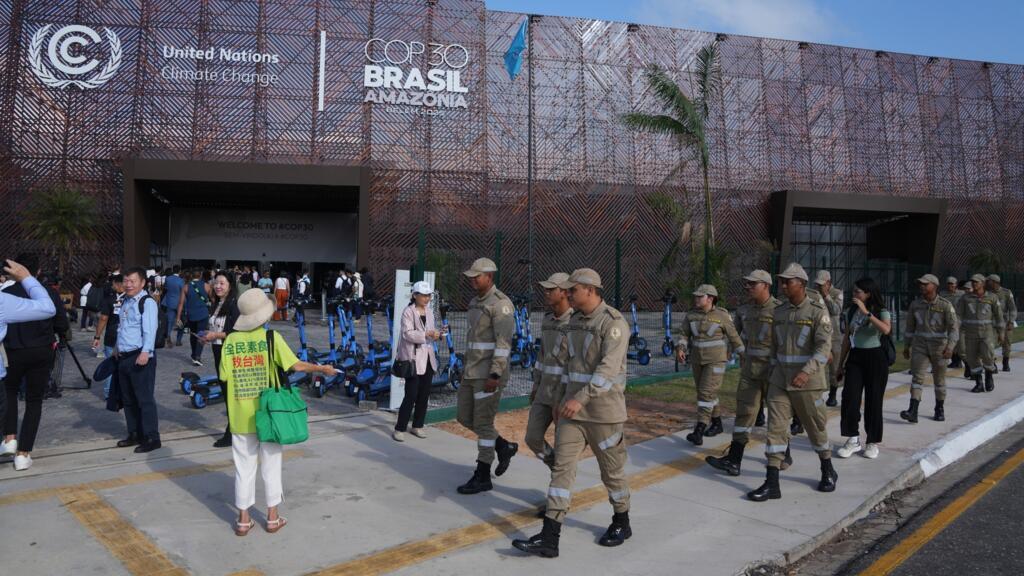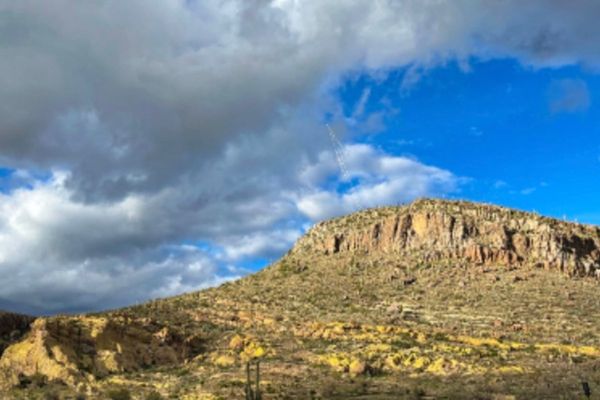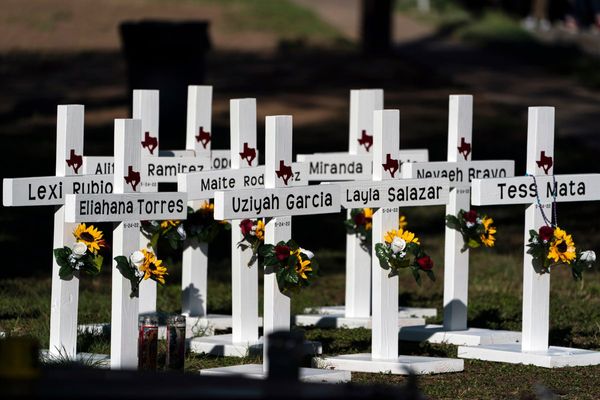
The 30th UN climate summit opens in the Brazilian Amazon on Monday as nations fall short on emissions pledges and the world edges closer to dangerous warming. Fewer than half of all countries have updated their climate plans, while political rifts cloud hopes of progress on phasing out fossil fuels.
The conference is being held in Belém, at the gateway to the Amazon rainforest, bringing together nearly 190 national delegations and up to 50,000 participants.
Brazil’s presidency has called it the “Cop of the people, Cop of truth, Cop of action”, but the summit faces an unclear agenda and sharp disagreements over how – or even whether – a final declaration can be reached.
Just over a month ago, countries were due to publish their new climate plans. Barely more than half have done so, and their combined ambition falls short. The world is still heading for 2.4C of warming by the end of the century – which scientists warn is a catastrophe for humanity and the planet.
To avoid another failure, the Brazilian presidency is not attempting a grand final declaration. It wants instead to launch more concrete commitments with a group of willing states, in a bid to save what can be saved of global climate cooperation.
World leaders face Amazon reckoning on a decade of climate promises
Fossil fuel fight
At a summit of heads of state three days earlier, several leaders – including Brazilian President Luiz Inacio Lula da Silva – said it was necessary to prepare for the end of fossil fuels. But beyond that political signal, there is almost no chance of finding consensus, as oil-producing countries remain firmly opposed.
“How are we going to do this? Is there going to be consensus about how we are going to do it? This is one of the great mysteries of Cop30,” conference president André Corrêa do Lago said.
“My preference is not to need a Cop decision. If countries have an overwhelming desire for a Cop decision, we will certainly think about it and deal with it.”
Do Lago said emerging countries were appearing at this Cop with a different role. He noted the rise of China’s importance in the talks as the US seeks to exit the Paris Agreement in January and the European Union struggles to maintain its level of ambition amid worries over energy security.
“Emerging countries are appearing in this Cop with a different role. China is coming with solutions for everyone,” Do Lago added, pointing to inexpensive green technologies from China now leading the energy transition worldwide.
Europe’s climate progress overshadowed by worsening loss of nature
Indigenous voices
Civil society is making its return after three Cops in authoritarian countries, and it intends to be heard. Indigenous leaders in particular are demanding a real say in decisions that affect their lands and future.
Brazilian groups are joined by visiting delegations who arrived on Sunday evening by boat after travelling 3,000 kilometres from the Andes to the Brazilian coast.
They want stronger control over how their territories are managed as climate change worsens and industries such as mining, logging and oil drilling push deeper into forests.
“We want to make sure that they don’t keep promising, that they will start protecting, because we as indigenous people are the ones who suffer from these impacts of climate change,” said Pablo Inuma Flores, an indigenous leader from Peru, who also criticised oil spills and illegal mining along the river.
EU ministers agree weakened climate target to take to Brazil summit
Money gap
Adaptation to natural disasters that are already hitting is another key issue for Southern countries, especially in Africa.
Negotiators are tasked with defining 100 indicators to measure how prepared countries are. But what vulnerable states say they mainly need to adapt is money.
Money is the final major challenge at this Cop. Last year’s summit ended in failure, with rich countries promising $300 billion per year within 10 years to help the poorest countries, when at least four times more would be needed.
Brazil wants to propose reaching $1.3 trillion, but the question of where to find the money is expected to cause tension.
Countries also want to address financial and action targets for adapting to a warmer world, with hopes that development banks can reform enough to ensure more money – including from the private sector – goes to these goals.
Ahead of the summit, scientists at dozens of universities and institutions from Asia, Africa and Europe sounded an alarm over the world’s thawing glaciers, ice sheets and other frozen areas.
“The cryosphere is destabilising at an alarming pace,” they said in an open letter to Cop30 published on Monday.
“Geopolitical tensions or short-term national interests must not overshadow Cop30. Climate change is the defining security and stability challenge of our time.”
The first point of order for Cop30 is to vote on an agenda.
Do Lago said countries had been wrangling for months over what to include, describing this as a healthy exchange of priorities.
By Monday morning, 106 governments had submitted new climate plans, with more expected this week.
(with newswires)







